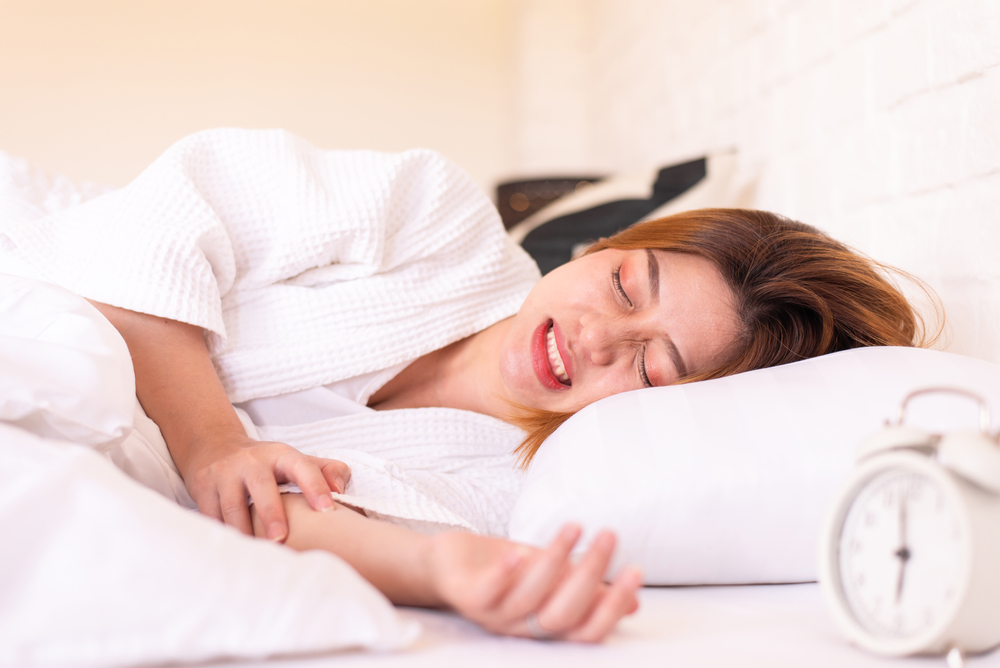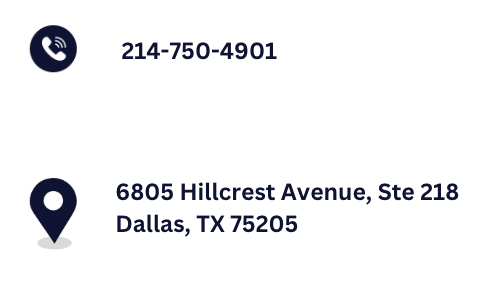Do you struggle with teeth grinding and bruxism? Imagine this common scenario: It’s late at night, you’re really tired, but you just can’t fall into a deep sleep.
As you’re about to drift off, your teeth start clenching and grinding intensely. Sharp pains in your mouth jolt you awake again.
This painful cycle keeps repeating, night after night. Bruxism, the medical term for this grinding, stops you from getting the deep, restful sleep you need. But don’t lose hope.
In this article, we’ll explore effective ways to tackle bruxism. We’re here to help you find the restful sleep you’ve been missing by looking at strategies that not only ease the pain but also tackle what causes your teeth grinding.
What is Bruxism?
Bruxism is like an unwanted guest that shows up night after night: it’s when you grind your teeth or clench your jaw while you sleep. About 30% of people deal with this issue, which leaves them tired and hurting. This constant grinding doesn’t just make noise that can keep you and possibly your partner awake; it also wears down your teeth, causing chips, breaks, and a lot of tooth pain.
The effects don’t stop at your teeth—it strains your jaw muscles too, leading to sore jaws and severe headaches.
This relentless disturbance can rob you of much-needed sleep, degrading your overall quality of life. However, catching and managing bruxism early can greatly lessen its effects, helping you find quicker relief and enjoy more restful nights.
Take Our Smile Quiz! Start The Quiz
Symptoms and Causes of Bruxism
Are you part of the 30% battling with bruxism? Here are the signs to watch for:
- Flattened Teeth: Consistent grinding wears down your teeth, smoothing their natural contours.
- Teeth Sensitivity: As enamel erodes, teeth become extremely sensitive to hot and cold.
- Aching Face: Overused jaw and facial muscles can leave your face sore, from your temples to your neck.
- Morning Headaches: A tight, clenched jaw overnight often leads to throbbing headaches in the morning.
- Stiff Jaw: A stiff and sore jaw can make it hard to open your mouth, turning eating into a painful task.
- Interrupted Sleep: Your grinding may also be a symptom of sleep apnea that will disturb you and your partner’s sleep, impacting both of you.
Recognize these symptoms? It’s time to see a dentist. Dr. Drew Randall can evaluate the damage and determine if it’s caused by bruxism. Addressing this early prevents further issues, so don’t hesitate to seek help.
Randall Dentistry
Proudly serving University Park Tx, Highland Park Tx & Dallas Tx.
Find out why everyone is talking about Randall Dentistry and Dr. Drew Randall. Come in and see the great dental care we offer!
Contact Us
Phone:
214-750-4901 (office)
Address:
6805 Hillcrest Avenue, Suite 218
Dallas, TX 75205








